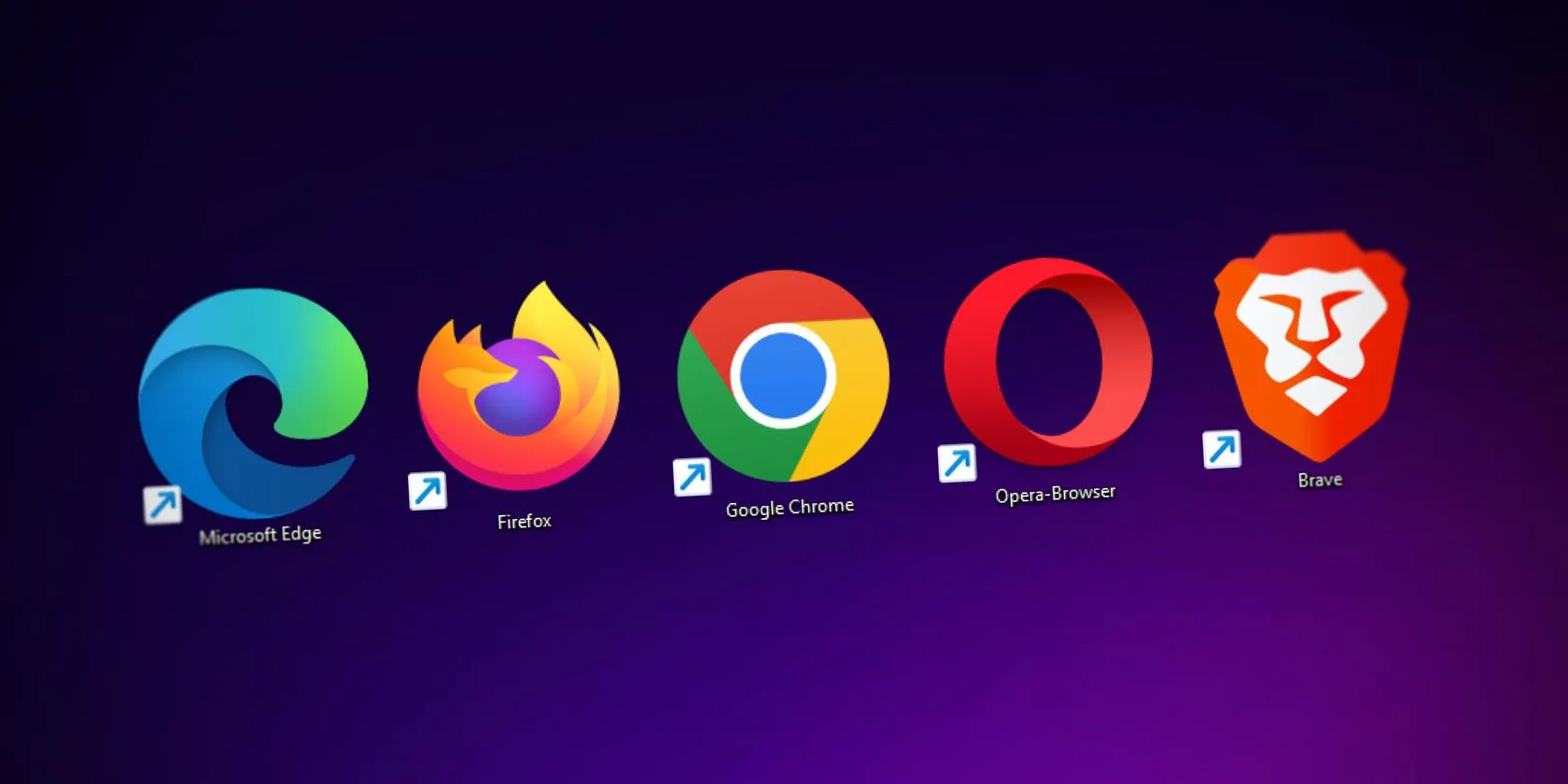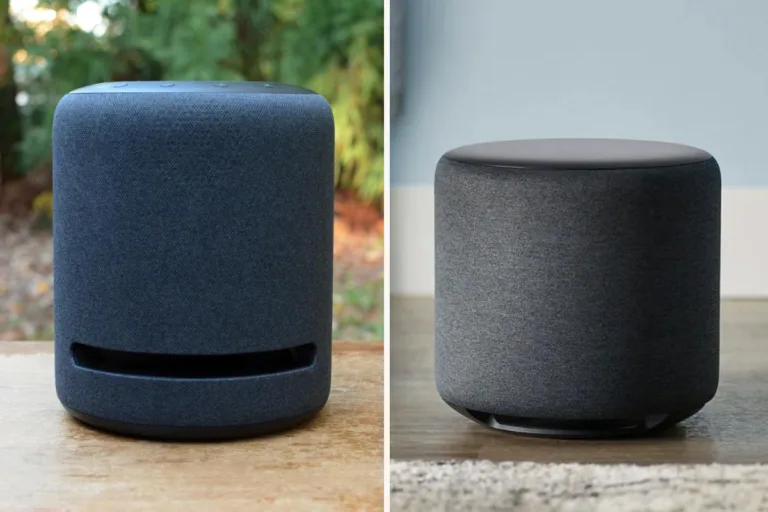Critical Vulnerability in WebP Codec: What You Need to Know
A critical vulnerability in the WebP Codec has been discovered, causing major browsers and countless apps to fast-track security updates.
The vulnerability, named CVE-2023-4863, stems from a specific function of the WebP rendering code, leaving the codec susceptible to heap buffer overflows. Heap buffer overflows occur when a program writes more data to a memory buffer than it can hold, potentially corrupting adjacent memory and allowing hackers to remotely take over systems and devices.
While most major browsers have already released security patches to address the vulnerability, numerous apps using the same codec require individual security updates. This situation poses challenges for users who may not know which apps are affected and when updates will be available.
To protect yourself, it is important to update all browsers and apps and check for specific references to the CVE-2023-4863 vulnerability. If a fix is not yet available for your preferred browser or app, consider switching to a secure alternative or regularly checking for new security patches.
The WebP Codec, introduced by Google in 2010, offers faster image rendering and compression without significant loss in quality.
However, this vulnerability serves as a cautionary tale about prioritizing certain performance aspects over security. As zero-day exploits become increasingly common, developers and technology companies must prioritize security in their products to ensure a safe user experience.
Source: Update Everything: This Critical WebP Vulnerability Affects Major Browsers and Apps







